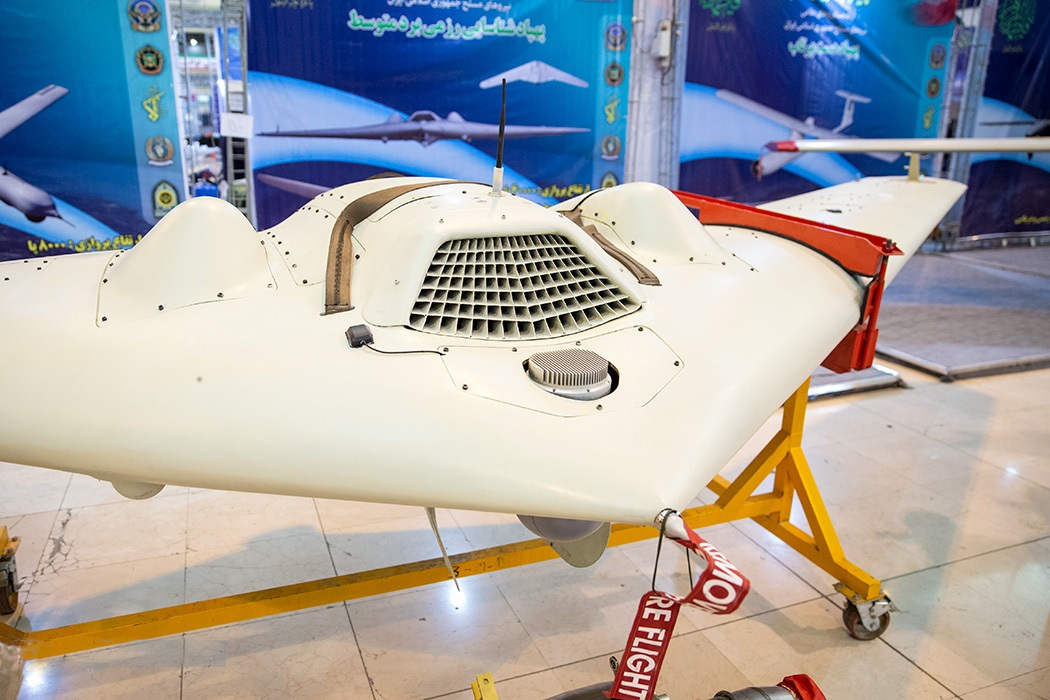In a significant military move, a US-led coalition successfully intercepted two Iranian drones that were reportedly headed towards Israel. This action highlights the rising tensions in the Middle East, where aerial threats are becoming more frequent and increasingly complex. The downing of these drones, a major development, has raised numerous questions about the region’s security landscape and the role of foreign coalitions in protecting Israeli airspace.
The Incident: What Happened?
The incident took place in international airspace, where two Iranian drones were flying towards Israel. The US-led coalition, including forces from Israel and other allied nations, detected the threat early on. Military officials reported that the drones were equipped with sophisticated technology, but their exact payloads or mission details remain unclear.
The coalition forces acted swiftly. They used advanced air defense systems to neutralize the drones before they could reach their target. While the incident did not escalate into direct combat, it marks an important moment in the ongoing conflict involving Iran and Israel. The interception has demonstrated the growing capabilities of these defense systems, which continue to evolve to address increasingly sophisticated threats.
Why This Matters: Implications for Israel and Beyond
The interception of these Iranian drones serves as a reminder of the persistent threats facing Israel. The country has long dealt with rocket fire and missile attacks from various militant groups. However, drones have recently emerged as a new and increasingly sophisticated weapon, one that requires advanced air defense measures.
For Israel, this event highlights the importance of maintaining strong defense networks, especially in a region where geopolitical tensions are constantly at a high. The US-led coalition’s swift action in downing the drones not only protected Israeli territory but also sent a clear message about the commitment of allied forces to Israel’s security.
But the significance of this action extends beyond Israel’s borders. The move underscores the escalating involvement of international coalitions in Middle Eastern affairs, particularly in countering Iranian influence. The downing of these drones could lead to a shift in how global powers approach the defense of their allies in the region.
The Role of the US-Led Coalition in Middle Eastern Security
The US-led coalition has been actively engaged in maintaining stability in the Middle East for several years. This coalition includes military forces from countries like the United States, Israel, and others in the region, all working together to combat threats from terrorist groups and hostile state actors like Iran.
By downing these drones, the coalition is sending a signal of its readiness to defend its allies and counter any threats that arise. This interception is just one of many actions that reflect the growing complexity of military operations in the region, where airspace is becoming increasingly contested.
Conclusion: A Shifting Landscape
The US-led coalition’s success in downing two Iranian drones en route to Israel marks an important development in Middle Eastern geopolitics. It is a clear demonstration of the coalition’s capabilities and its commitment to securing the region. While the drones were intercepted without incident, this event serves as a stark reminder of the risks that continue to loom in a volatile and highly strategic area of the world.
As military technologies evolve and tensions continue to rise, the role of international coalitions will only become more crucial in safeguarding global security. This incident is likely to be one of many, as the Middle East remains a key area of focus for world powers committed to peace, stability, and security in the region.



